Autism Spectrum Disorder (ASD) is a complicated developmental disorder that impacts communication, socialisation, and information processing. Experienced specialists must diagnose autism thoroughly and methodically. A Psychologist can identify autism early through their Psychology Services which provide moral support and care to autistic people. The following will explain how psychologists diagnose autism and show the value of a professional and sympathetic approach.
Step 1: Gathering Information and Observation
In the first step of detection, a Psychologist observes the emotional & mental behaviour of the individual. It includes their involvement in their way of responding, and social behaviour among society or family. This information helps them in their further treatment.
- Parent/Caregiver Interviews
Primarily, a Psychologist will interview parents or other caregivers in an organised way. This helps in learning about the person’s communication styles, developmental background, and any odd or worrisome behaviours. Understanding the person’s early developmental stages and spotting any delays or variations in relationships and communication are the objectives.
- Direct Observation
A Psychologist will also observe the person’s behaviour in various situations. This makes it possible for the expert to evaluate communication methods, social interactions, and repetitious or constructive behaviours. People’s reactions to social situations and events may show their social and emotional growth.
- Developmental History
Researching developmental history can reveal autistic symptoms early on. Psychologists review speech, motor, and emotional data. This assists the assessment; if specific behaviours are typical or imply autism.
Step 2: Standardised Assessments
A Psychologist employs evidence-based, standardised tests of relationships, interactions, and behaviour to confirm a diagnosis. These assessments ensure autism diagnosis accuracy and consistency.
Autism Diagnostic Observation Schedule (ADOS)
ADOS is a recreational assessment in which a Psychologist interacts with the person to watch for repetitive behaviours and social communication abilities. The professional can evaluate the person’s social play and reaction to social cues in this controlled environment.
Autism Diagnostic Interview-Revised (ADI-R)
Parents or other caregivers are questioned in-depth using the ADI-R method. It examines a person’s developmental history with an emphasis on communication, social interactions, and repeated behaviours. This tool aids in verifying whether the person’s actions meet the requirements for an autism diagnosis.
Other Tests
Additional cognitive, language and adaptive behaviour tests may be employed depending on age and ability. These exams help build a support plan by revealing the individual’s overall growth and functioning.
Step 3: DSM-5 Criteria
The Diagnostic and Statistical Manual of Mental Disorders (DSM-5) criteria are used to get an autism diagnosis. Professionals utilize the precise recommendations in this document to diagnose autism. The following crucial areas will be evaluated by a Psychologist:
- Multi-context social communication and interaction deficiencies
- Limited, repetitive behaviour, interests, or activities
Step 4: Teamwork and multifunctional strategy
The diagnosis of autism generally goes better with teamwork. To detect autism with accurate points; it needs many tests & observations. These detection levels can be maintained by forming a team of different medical specialists that includes developmental physicians and speech physiotherapists.
Why Professional Psychology Services Matter?
To diagnose autism, you need professional Psychology Services. Psychologists can accurately examine and diagnose as they recognise human behaviour and growth. Early diagnosis and therapy increase communication, socialising, and problem-solving. Professional Psychology Services deliver accurate diagnosis and emotional assistance to individuals and families. A trained Psychologist can minimize stress and clarify autism treatment steps.
Conclusion
It is a complicated task to identify autism that needs the assistance of a Psychologist. They are well-experienced in collaborating with patients with autism to handle them emotionally via their trusted Psychology Services. They can detect & treat the issue of autism at its early stage.




